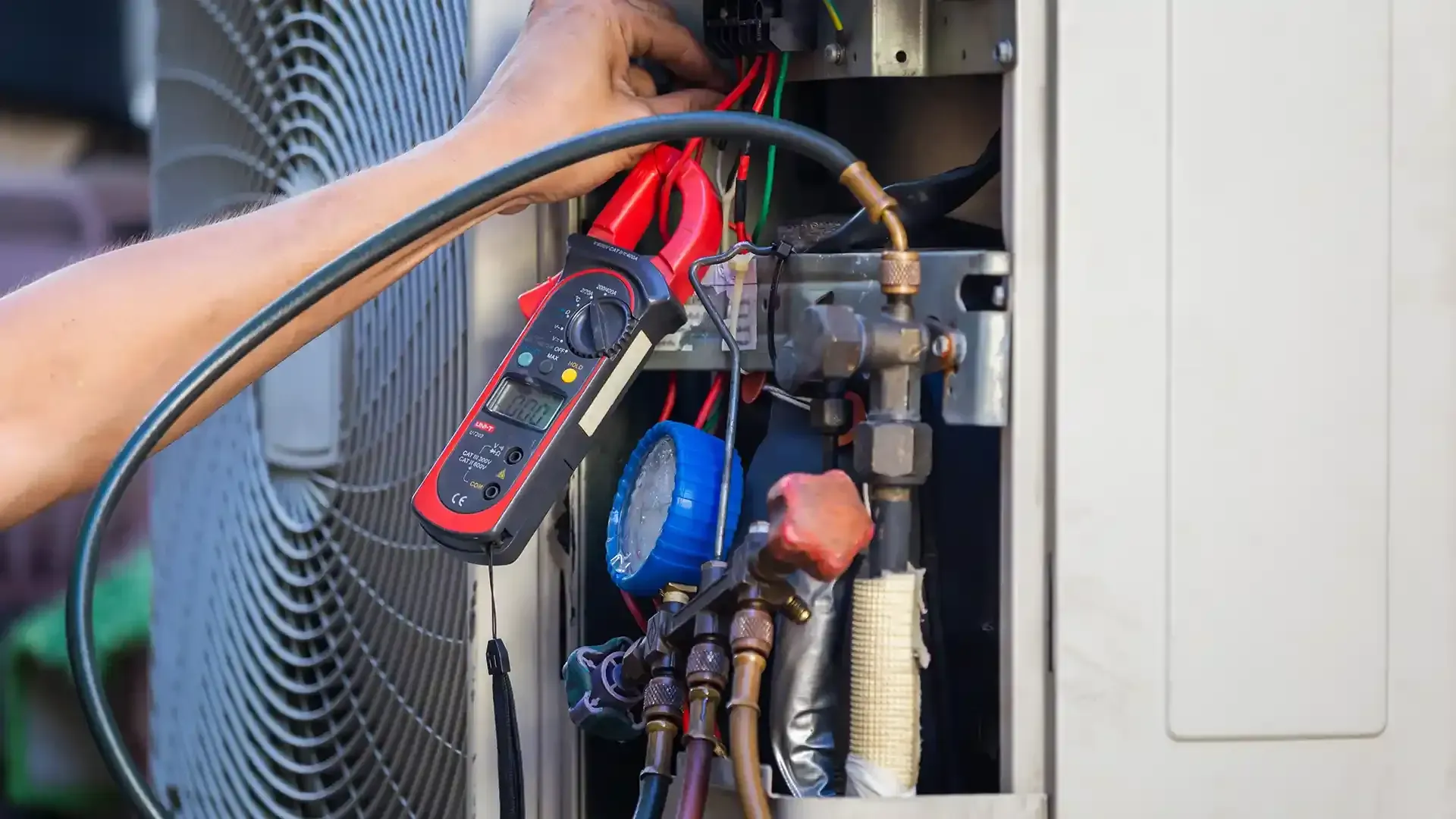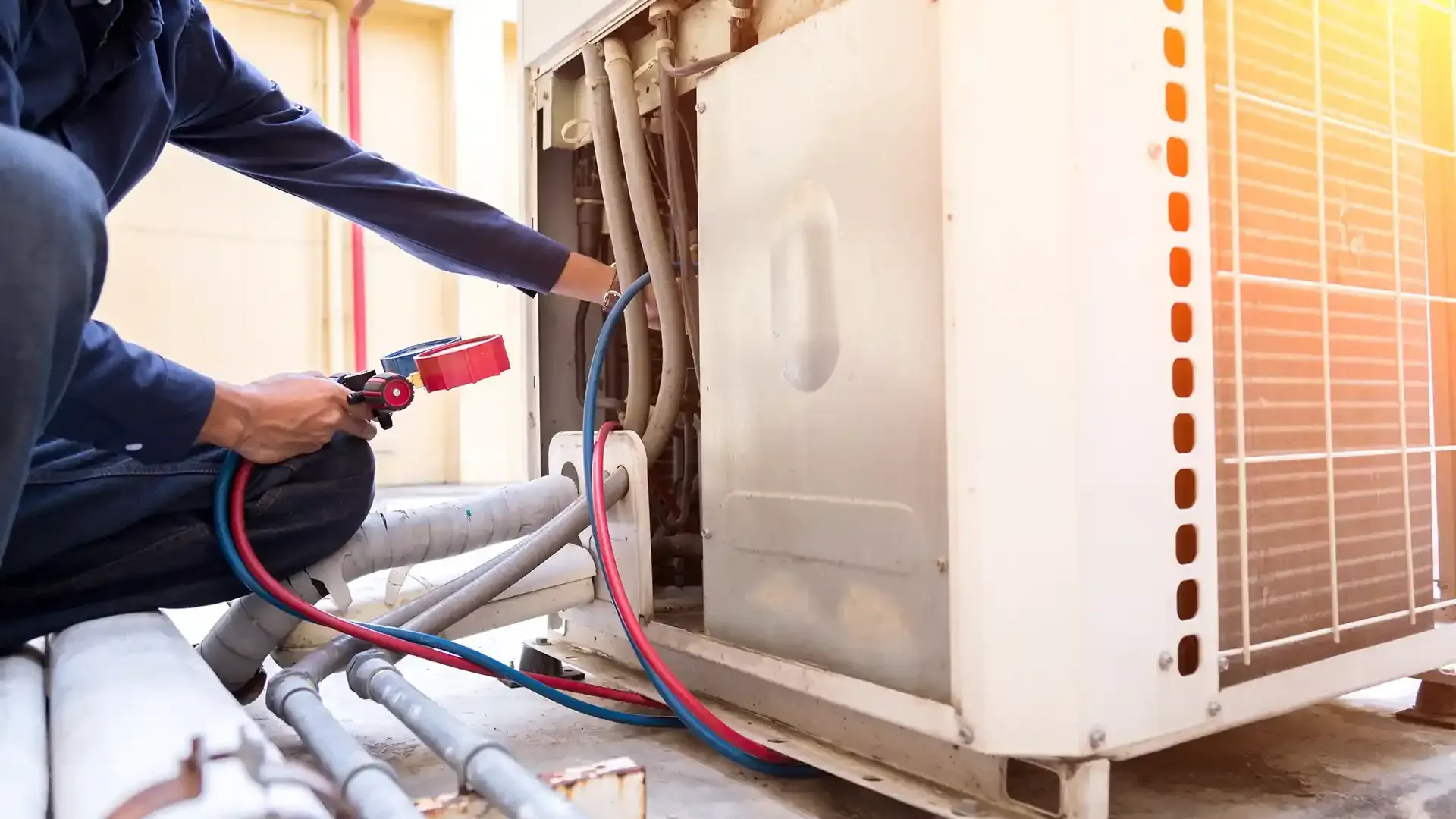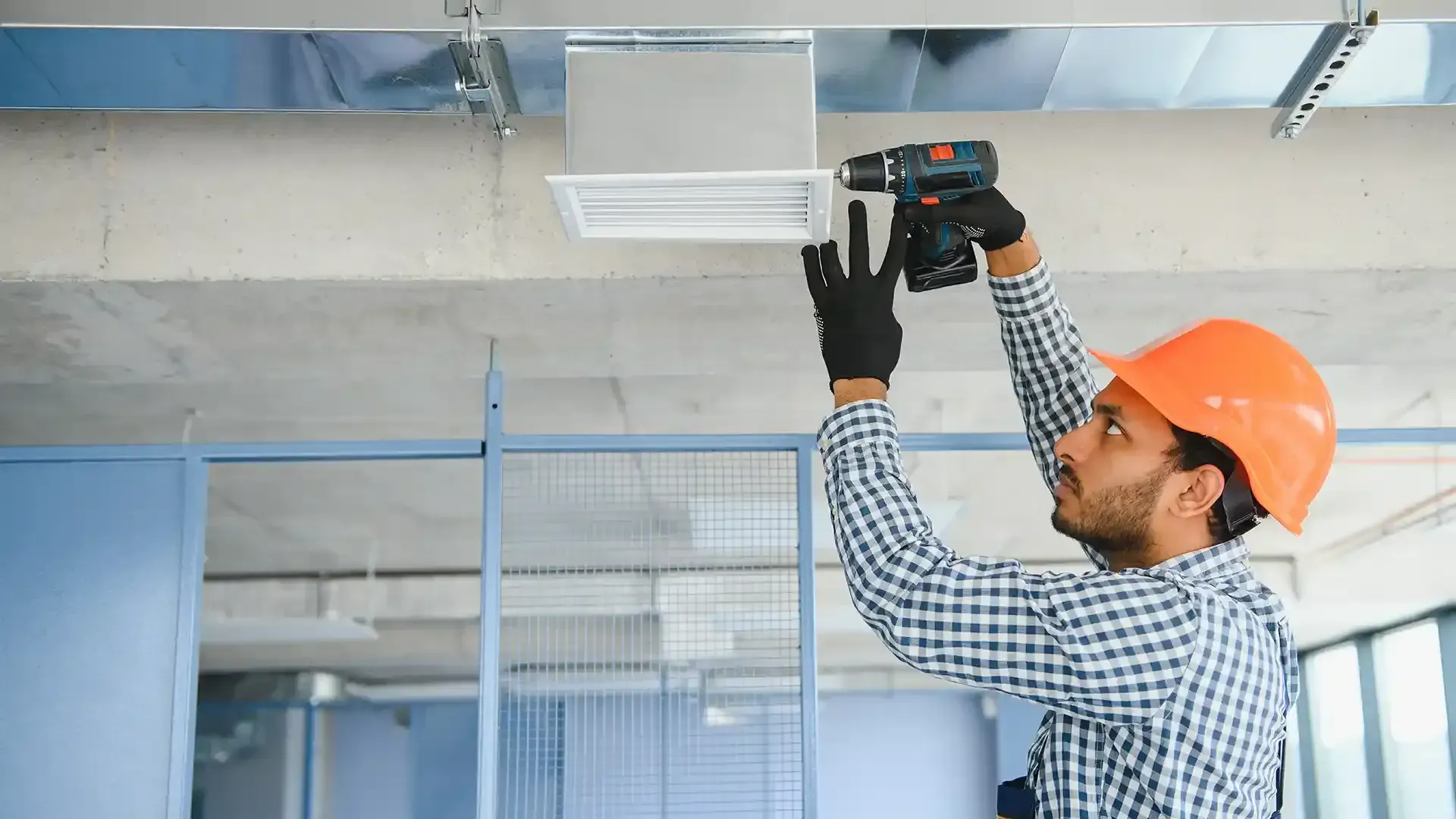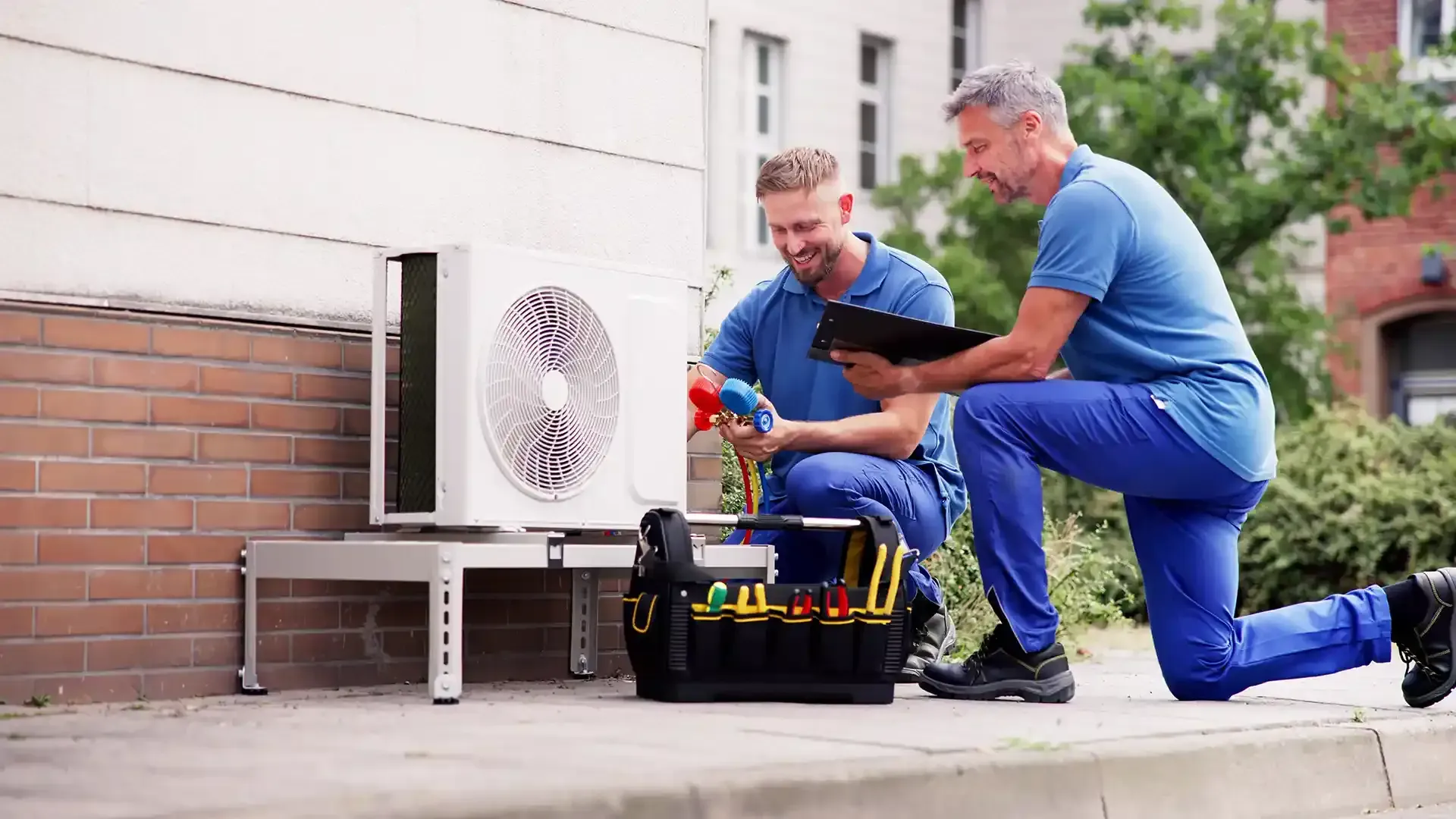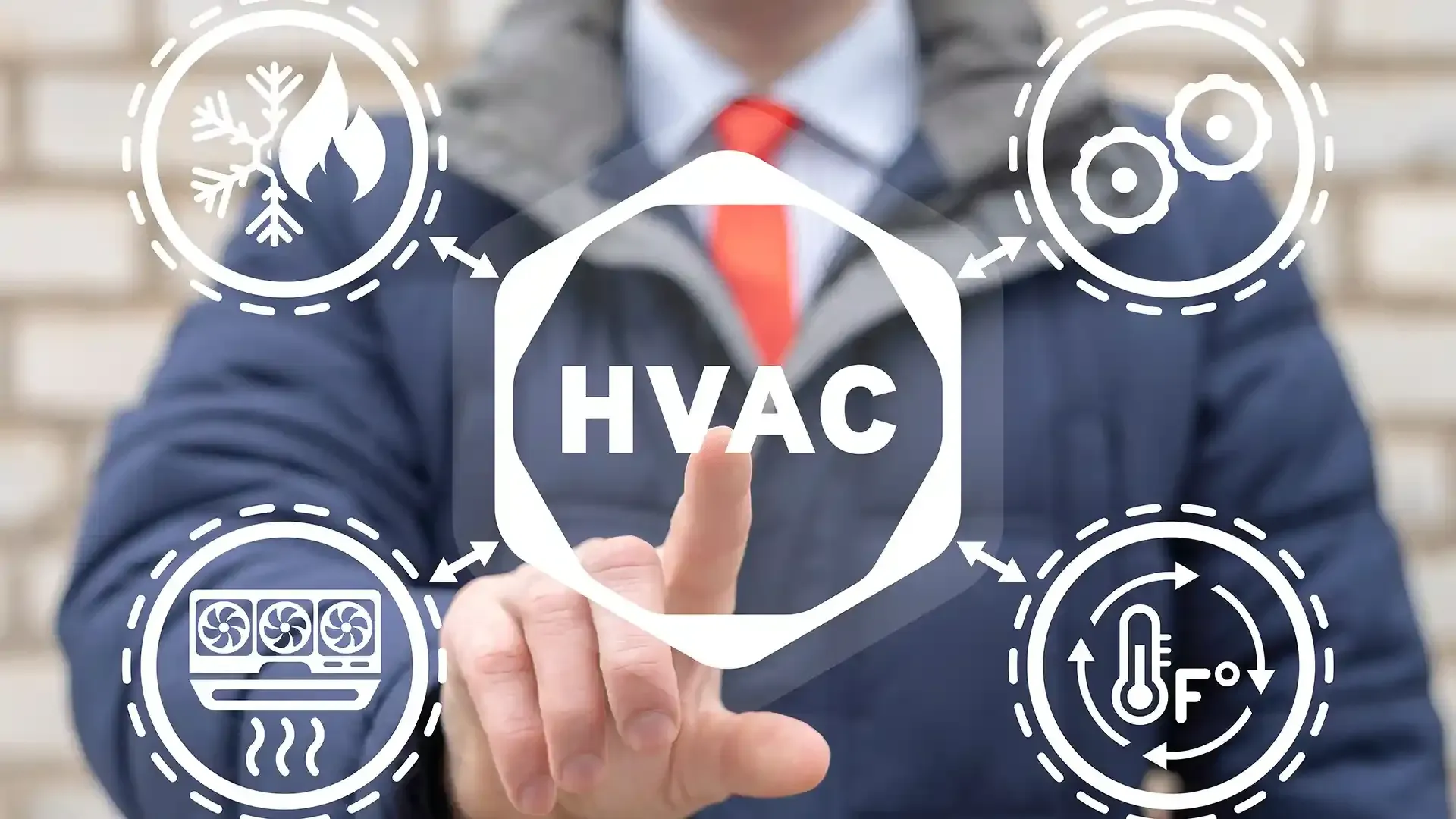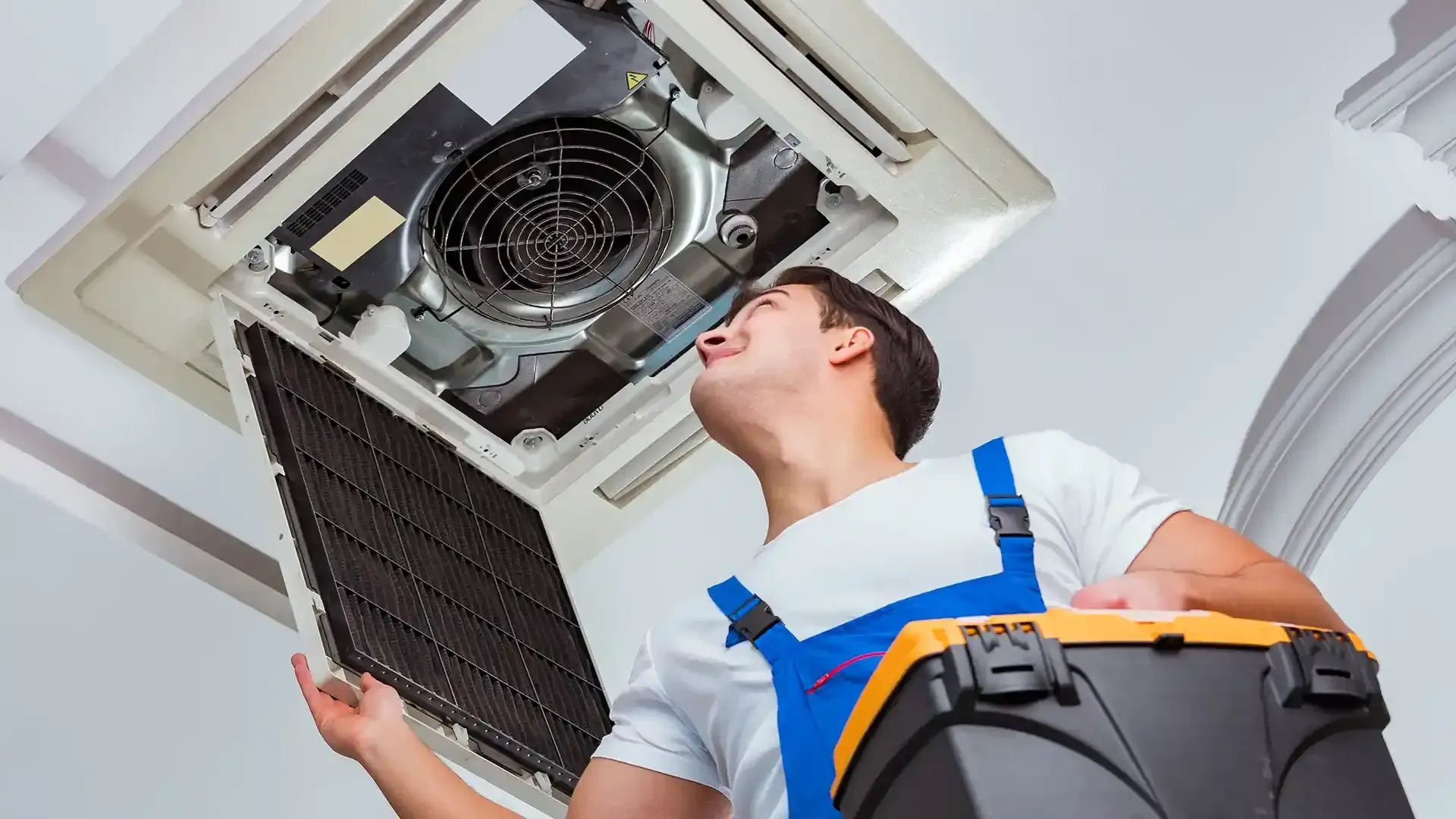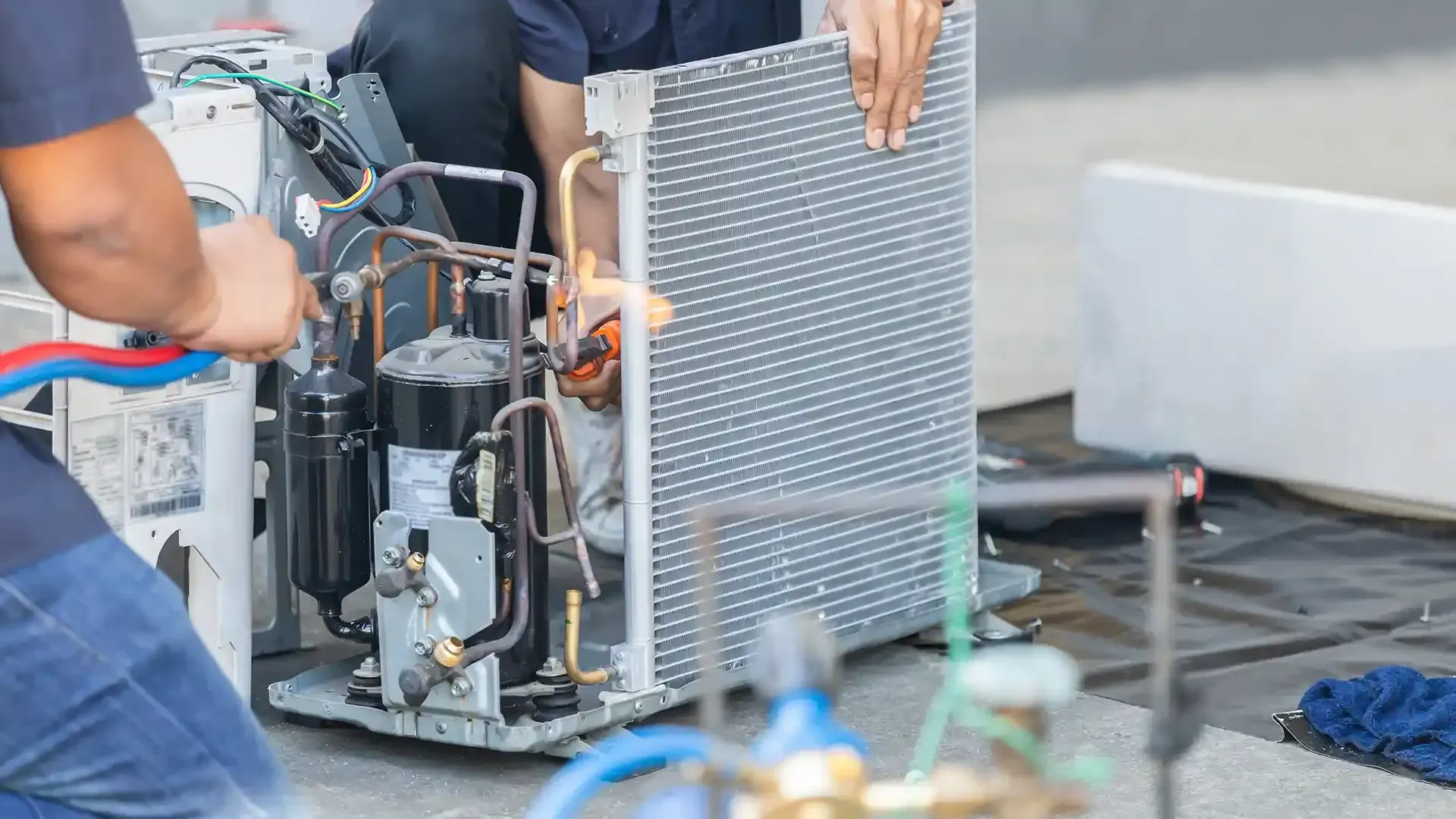What HVAC Technicians Do: Inside the World of Heating and Cooling Experts
What HVAC Technicians Do: Inside the World of Heating and Cooling Experts

Key Takeaways
- HVAC technicians are skilled professionals who specialize in the installation, maintenance, and repair of heating, ventilation, and air conditioning systems.
- They work with a variety of tools and technologies to ensure optimal performance and energy efficiency of HVAC systems.
- HVAC technicians play a crucial role in maintaining indoor air quality and comfort, particularly in both residential and commercial settings.
- Regular maintenance by HVAC technicians can prevent costly repairs and extend the lifespan of heating and cooling systems.
- Hiring a professional HVAC technician is essential for ensuring the safety and efficiency of your HVAC system.
Heating, ventilation, and air conditioning (HVAC) systems are the unsung heroes of our homes and businesses, silently working behind the scenes to maintain comfort and air quality. But what exactly do the professionals who service these systems do? This blog aims to shed light on the vital role HVAC technicians play in our daily lives. Whether it's the scorching heat of summer or the bitter chill of winter, HVAC technicians ensure that our indoor environments remain comfortable and safe. By exploring the intricacies of their work, you'll gain a deeper appreciation for these skilled tradespeople and understand why it's crucial to rely on professionals for all your HVAC needs.
The Role of HVAC Technicians
Installation: Setting Up for Success
HVAC technicians are often called upon to install new systems in both residential and commercial settings. This process involves more than just placing a unit in a designated spot; it requires careful planning and precise execution. Technicians must assess the specific needs of a space, including its size, layout, and insulation, to determine the appropriate system. They then ensure that all components, such as ductwork, electrical connections, and refrigerant lines, are properly installed to guarantee the system's efficiency and longevity.
Example: For instance, when installing an air conditioning unit in a multi-story building, the technician must calculate the appropriate size of the system to ensure it can effectively cool the entire space without overworking the unit. This kind of detailed assessment and installation process underscores the importance of having a qualified HVAC technician handle the job.
Maintenance: Keeping Systems in Peak Condition
One of the most critical aspects of an HVAC technician's job is regular maintenance. Routine checks and servicing can prevent small issues from becoming significant problems, saving homeowners and businesses from expensive repairs down the line. During a maintenance visit, technicians typically inspect the system for wear and tear, clean components, replace filters, and check for leaks or other potential issues.
Implication: Regular maintenance not only ensures that the system operates efficiently but also extends its lifespan. For example, a well-maintained HVAC system can last up to 15 years or more, compared to a poorly maintained one that might only last a decade.
Repairs: Troubleshooting and Fixing Problems
Despite regular maintenance, HVAC systems can still experience issues due to wear and tear, age, or unforeseen circumstances. When this happens, HVAC technicians are the first line of defense. Their expertise allows them to diagnose problems quickly and efficiently, whether it's a malfunctioning thermostat, a refrigerant leak, or a failed compressor.
Insight: HVAC technicians bring invaluable experience and knowledge to the table, enabling them to identify and fix issues that might not be immediately apparent to the untrained eye. This expertise is crucial for ensuring that the system is repaired correctly and that the problem does not recur.
Energy Efficiency: Optimizing System Performance
In today's energy-conscious world, HVAC technicians also play a significant role in optimizing systems for maximum energy efficiency. By making adjustments to the system or recommending upgrades, technicians can help reduce energy consumption and lower utility bills. This not only benefits the homeowner or business but also contributes to environmental sustainability.
Perspective: As energy costs continue to rise, the demand for energy-efficient HVAC solutions grows. HVAC technicians are at the forefront of this movement, helping clients achieve better performance with less energy.
Indoor Air Quality: Ensuring a Healthy Environment
Beyond temperature control, HVAC technicians also focus on maintaining good indoor air quality. This involves ensuring that the HVAC system effectively filters out pollutants, allergens, and other airborne contaminants. Regular maintenance and cleaning of the system's components are vital to achieving this goal.
Counter Argument: While some may believe that maintaining indoor air quality is as simple as changing an air filter, the reality is far more complex. HVAC technicians are trained to understand the various factors that can affect air quality and know how to address them comprehensively.
Why Relying on Professionals Is Essential
The complexity of HVAC systems means that they require professional attention to function correctly. DIY repairs or installations can lead to improper functioning, reduced efficiency, and even safety hazards. HVAC technicians undergo rigorous training and certification processes to ensure they can handle the diverse challenges these systems present.
Example: Consider the potential dangers of handling refrigerants without proper training. HVAC technicians are certified to handle these substances safely, preventing harmful exposure and environmental damage.
The Cost of Neglect
Neglecting regular maintenance or attempting DIY repairs can lead to costly consequences. A minor issue left unaddressed can escalate into a major repair, and an improperly installed system can result in higher energy bills and a shorter lifespan for the unit.
If you're wondering what HVAC technicians do, it's time to recognize their vital role in maintaining the comfort and safety of your home. Don't wait until a minor issue becomes a major headache—reach out to the experts at Plumber Scranton today for all your HVAC needs.
For all your HVAC needs, whether it's installation, maintenance, or repairs, trust the experts at Plumber Scranton. Based in Pennsylvania, USA, our skilled technicians are dedicated to ensuring your heating and cooling systems operate efficiently and safely. If you need professional HVAC services, don't hesitate to contact us at 570-243-0180. Let Plumber Scranton take care of your comfort, so you can enjoy peace of mind all year round.
Conclusion
HVAC technicians are essential to keeping our living and working environments comfortable, safe, and efficient. From installation to maintenance and repairs, their work ensures that HVAC systems operate at their best, providing us with the comfort we often take for granted. Next time you adjust your thermostat or enjoy a cool breeze on a hot day, remember the skilled professionals who make it possible.
FAQs
Q: What training do HVAC technicians need?
A: HVAC technicians typically complete a combination of classroom education and hands-on training. Many also pursue certification through organizations like NATE (North American Technician Excellence) to validate their skills.
Q: How often should HVAC systems be serviced?
A: It's recommended to have your HVAC system serviced at least once a year, ideally before the start of the heating or cooling season. Regular maintenance helps catch potential issues early and keeps the system running efficiently.
Q: Can I perform HVAC maintenance myself?
A: While there are some basic maintenance tasks, like changing air filters, that homeowners can perform, it's best to leave more complex tasks to a professional HVAC technician to avoid potential damage or safety hazards.
Q: What are the signs that my HVAC system needs repair?
A: Common signs include unusual noises, inconsistent temperatures, higher energy bills, and a decrease in air quality. If you notice any of these issues, it's advisable to contact an HVAC technician promptly.
CONTACT US TODAY
Send us a message using form below and we'll get back to you right away!
Contact Us
We will get back to you as soon as possible.
Please try again later.


